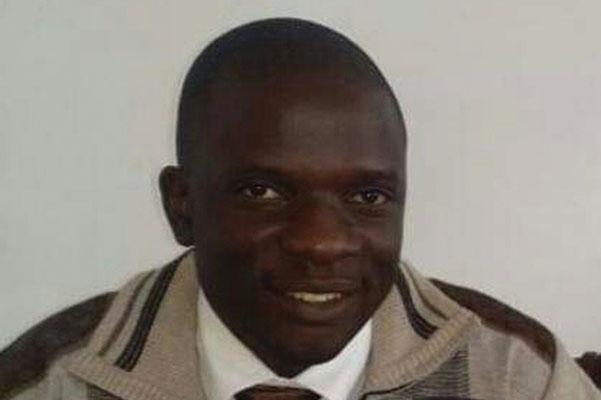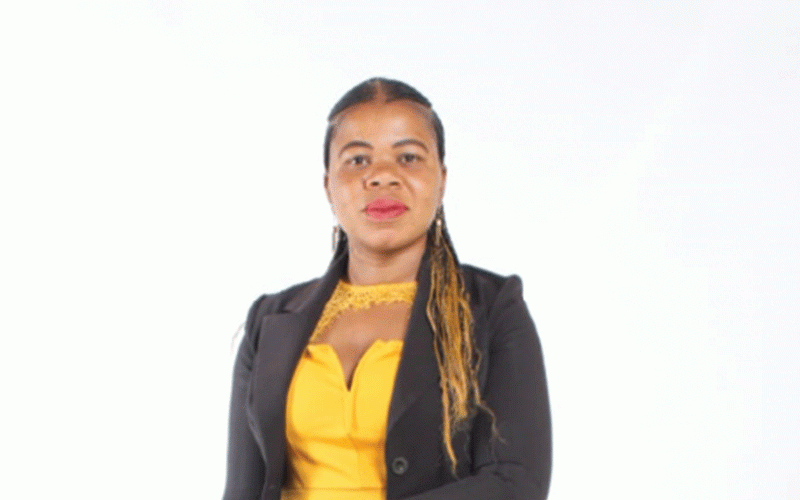
guest column: Fidelicy Nyamukondiwa
FEATURING the late Oliver Mtukudzi, Neria is a 1993 movie reflecting on some of the challenges bedevilling widows in Zimbabwe. In the movie, Phineas, a gluttonous brother-in-law took advantage of the fact that his brother had died without leaving a will and went on to grab the matrimonial house and all the household property from the widow. Twenty-seven years later, the Neria tale is still a reality in Zimbabwe. What is a will? What happens if a person dies without writing a will? Should parents, brothers and sisters of the deceased benefit? What happens if a person writes a will and leaves out a spouse or a child? This piece seeks to answer these among other pertinent questions in view of provisions of the 2013 Constitution.
What is a will?
A will, also known as a testament is a document by which a person appoints another person to administer his or her estate. In simple terms, it specifies “who inherits what” from a deceased’s estate. In this context, the term estate means all the property belonging to a person at the time of death. It includes company shares, money, moveable property, residential stands, houses or any other immovable property which belonged to the deceased. A will can also make provision for the custody or guardianship of minor children. The person making a will is known as the testator. The person who is appointed to administer the estate is known as the executor. A female executor is referred to as the executrix. A beneficiary is the person who is entitled to inherit.
Safe custody of a will A will can be kept at the Master’s office situated in Harare, Bulawayo, Masvingo or Chitungwiza upon payment of a once off fee of $30. The Master of the High Court ensures that deceased estates are wound up in accordance with the provision of the law. A will can also be kept at a law firm, or any other safe place.
Intestate succession Where a person dies without writing a will, he or she is said to have died intestate. The opposite of intestate is testate. It is settled law that the surviving spouse of a deceased who dies intestate is entitled to inherit the matrimonial house plus all the household property which was used in that house prior to the deceased’s death.
It is common knowledge that women are most vulnerable when it comes to inheritance. For a woman to solely inherit a matrimonial home, she must first prove that she is the surviving spouse. Secondly, she should prove that she had been living in that particular house immediately before the deceased’s death. Where two or more surviving spouses had been residing in the same matrimonial home, they would all be entitled to that house. A second or third wife not residing in the matrimonial home immediately before the deceased’s death is therefore not entitled to inherit the home.
Any additional house or property other than the matrimonial falls in a basket known as the free residue of the estate. It is from this basket that children inherit. Parents, brothers and sisters are also entitled to inherit from this basket. A person who does not wish brothers, parents or sisters to benefit from the estate must simply disinherit them by writing a will.
- Chamisa under fire over US$120K donation
- Mavhunga puts DeMbare into Chibuku quarterfinals
- Pension funds bet on Cabora Bassa oilfields
- Councils defy govt fire tender directive
Keep Reading
Once upon a time, children born out of wedlock were regarded as bastards and could not inherit from their father’s estate. Similarly, girls could not inherit from their fathers’ estate. That was then. Section 56(3) of the 2013 Constitution expressly outlaws discrimination on the basis of being born out of wedlock. Section 81(1) (a) of the Constitution further provides that every child (including the girl child) has the right to equal treatment before the law.
Freedom of testation A testator has the right to choose or appoint any beneficiary he/she so wishes. This is known as freedom of testation. It is based on the Latin phrase voluntas testatoris servanda est which means that the will of the testator has to be complied with. Similarly, section 5(2) of the Wills Act provides that a will shall not be invalid solely because the testator has omitted to mention any child, parent or relative. In a rather sad but somehow interesting 1999 South African case of Schnetler v Die Meester, a man was allowed to disinherit his children. He appointed his brothers and sisters as beneficiaries and disinherited his children in the following words; “To my children, Wilna, Ronel and Simon whom I loved dearly and who have forgotten me totally, I have forgotten them too.”
Limitations to freedom of testation Freedom of testation is not absolute. Section 26(d) of the Constitution obligates the State to take measures to ensure that upon death, provision is made for the necessary protection of the spouse and children. My interpretation of section 26(d) is that even where a person dies testate, the State and more particularly the courts, must ensure that women and children must not be left destitute in the name of a will that disinherits them. Section 56 prohibits discrimination against women and children. Sections 80 and 81 of the Constitution protects the rights of women and children respectively.
Section 5(3) of the Wills Act is a direct limitation of freedom of testation. It states that a testator in his will must not make provisions that vary or prejudice “the rights of any person to receive any property, maintenance or benefit from the testator’s estate in terms of any law or any award or order of court”. In Chiminya v Chiminya the High Court reemphasised that a will which leaves a wife with nothing is invalid.
Maintenance The Deceased Persons Family Maintenance Act (DPFMA) was passed to ensure that the obligation to support dependants owed during lifetime would not terminate upon death. A dependant includes, a minor child, surviving spouse, divorced spouse who was being maintained by deceased by virtue of a court order and a parent who was being maintained by deceased at the time of death.
Any dependant may make an application for an award for maintenance from the net estate of the deceased’s estate.
Property grabbing As mirrored in Neria, property grabbing or any conduct which is tantamount to violating a surviving spouse’s or children’s right to occupy a house in which they were occupying before the deceased’s death is a chargeable offence. Section 10 of the DPFMA allows a magistrate to order a person convicted of this offence or any other person to restore any property or pay any money which he or she would have unlawfully acquired.
Conclusion As succinctly pointed out in the case of Chimhowa v Chimhowa, the purpose of succession laws is mainly to protect widows and minor children against the growing practice by relatives of deceased persons who plunder matrimonial property acquired by spouses during the subsistence of the marriage. This barbaric practice by looting relatives often exposes widows and their minor children to the vagaries of destitution. Writing a will is one of the most important steps that one can take to protect his or her family from such marauding relatives. Whether a person dies testate or intestate there is need to pay due regard to section 2 of the Constitution which provides that any law, practice, custom or conduct inconsistent with the Constitution is invalid to the extent of the inconsistency.











